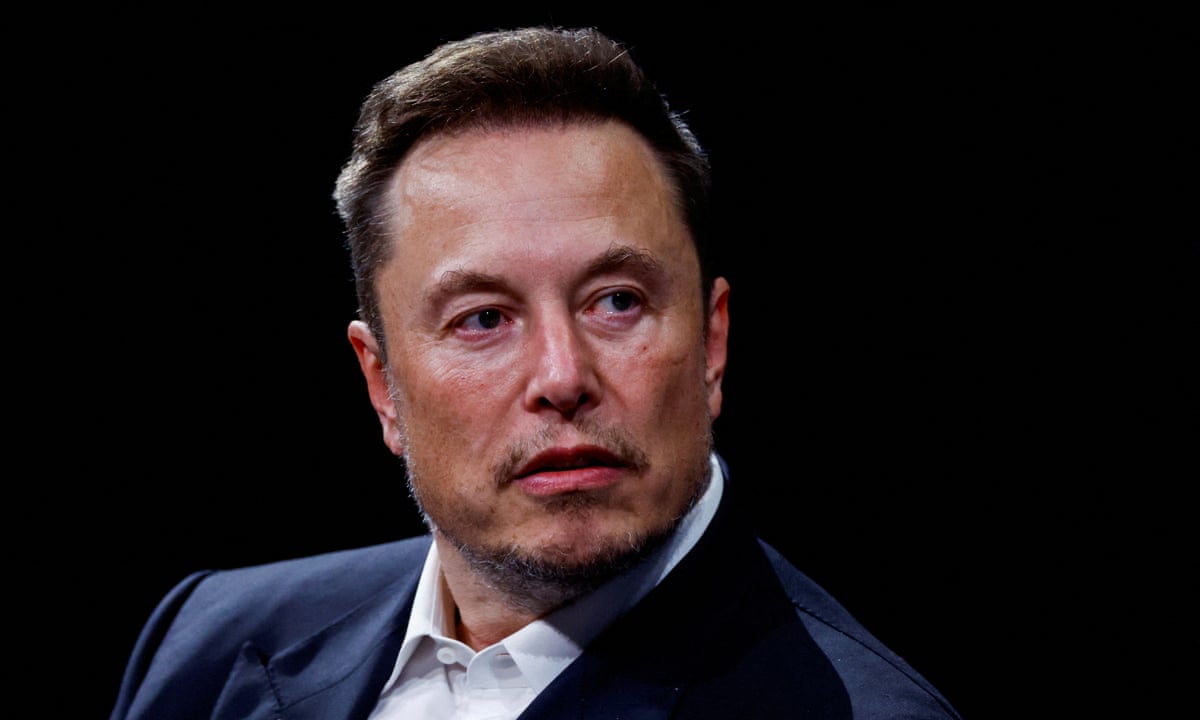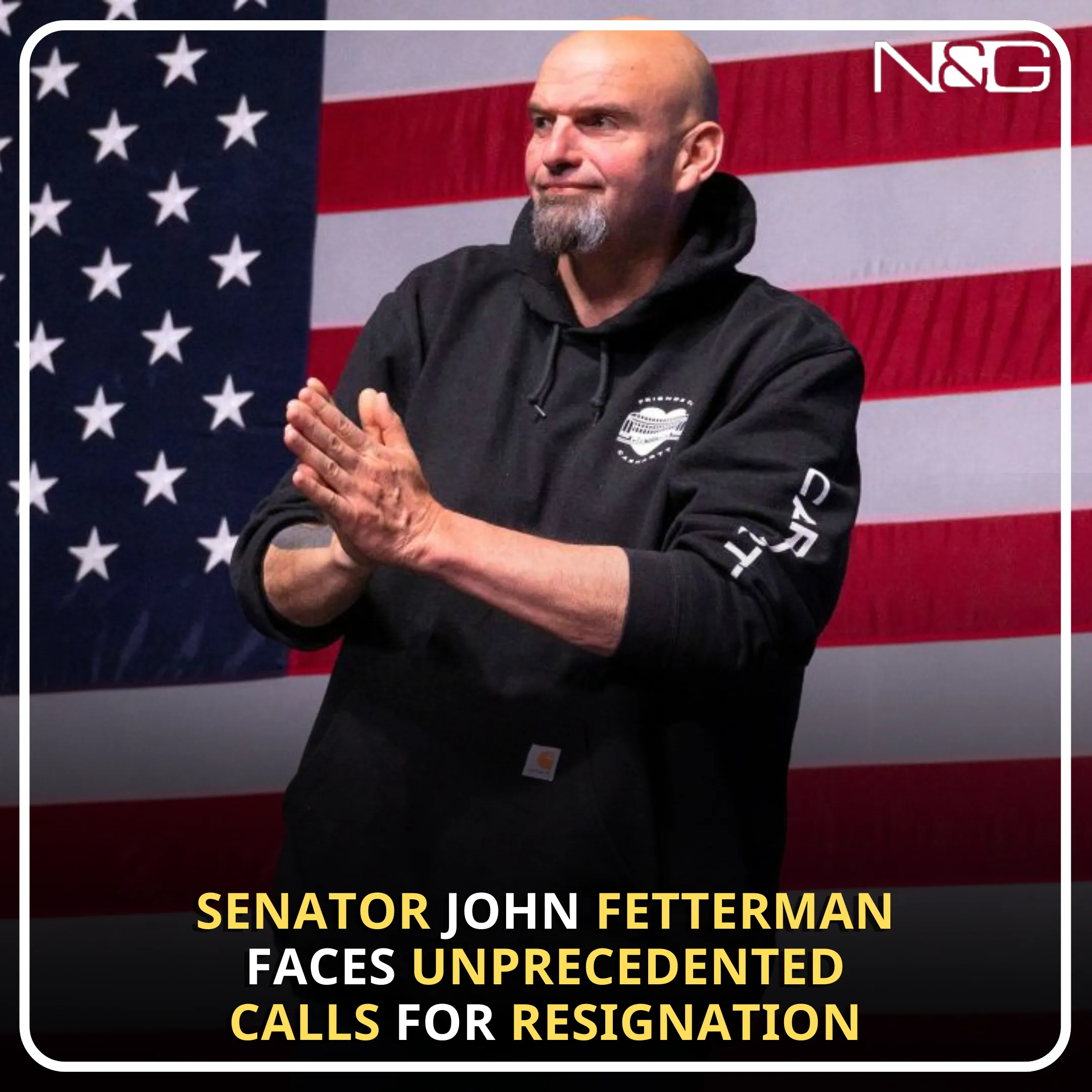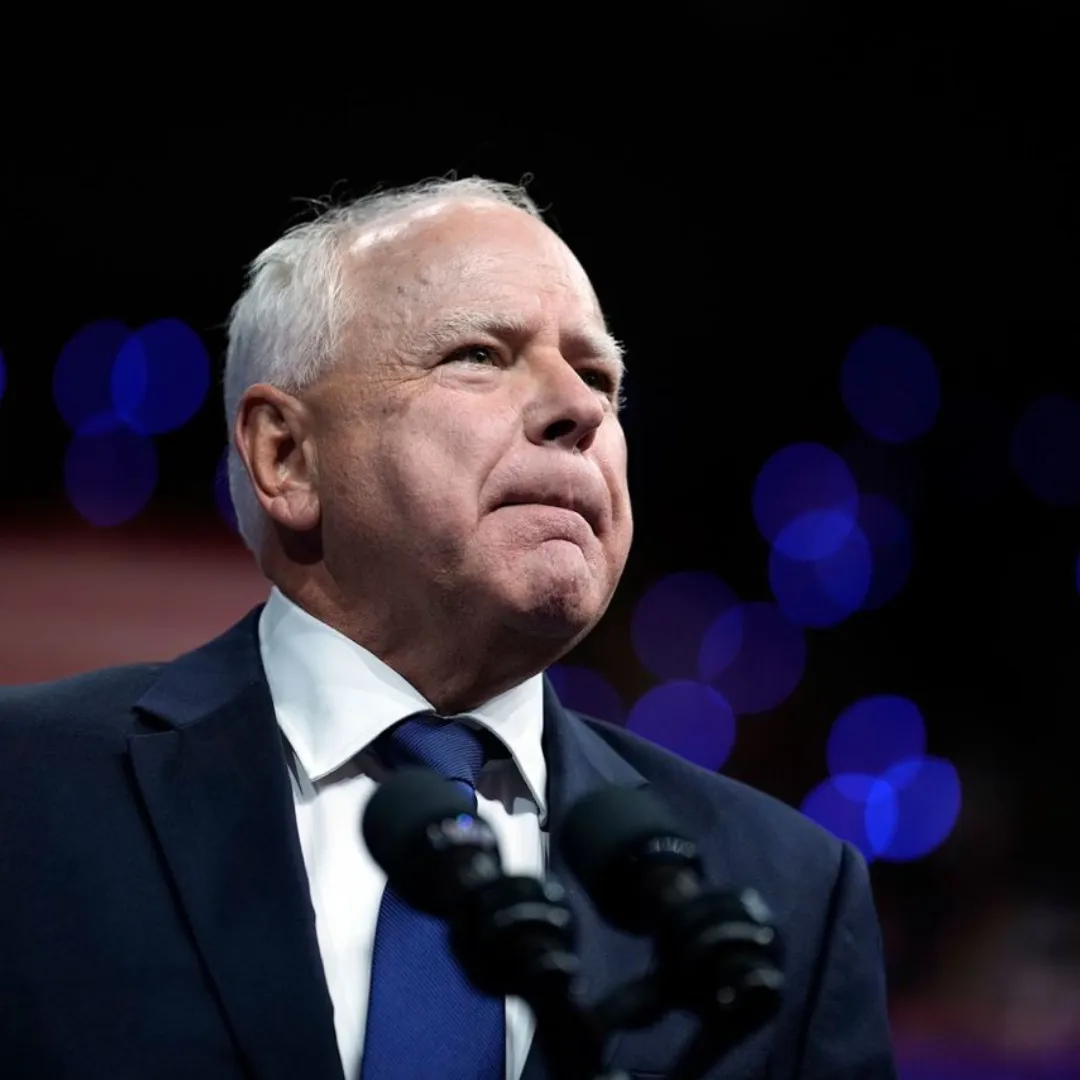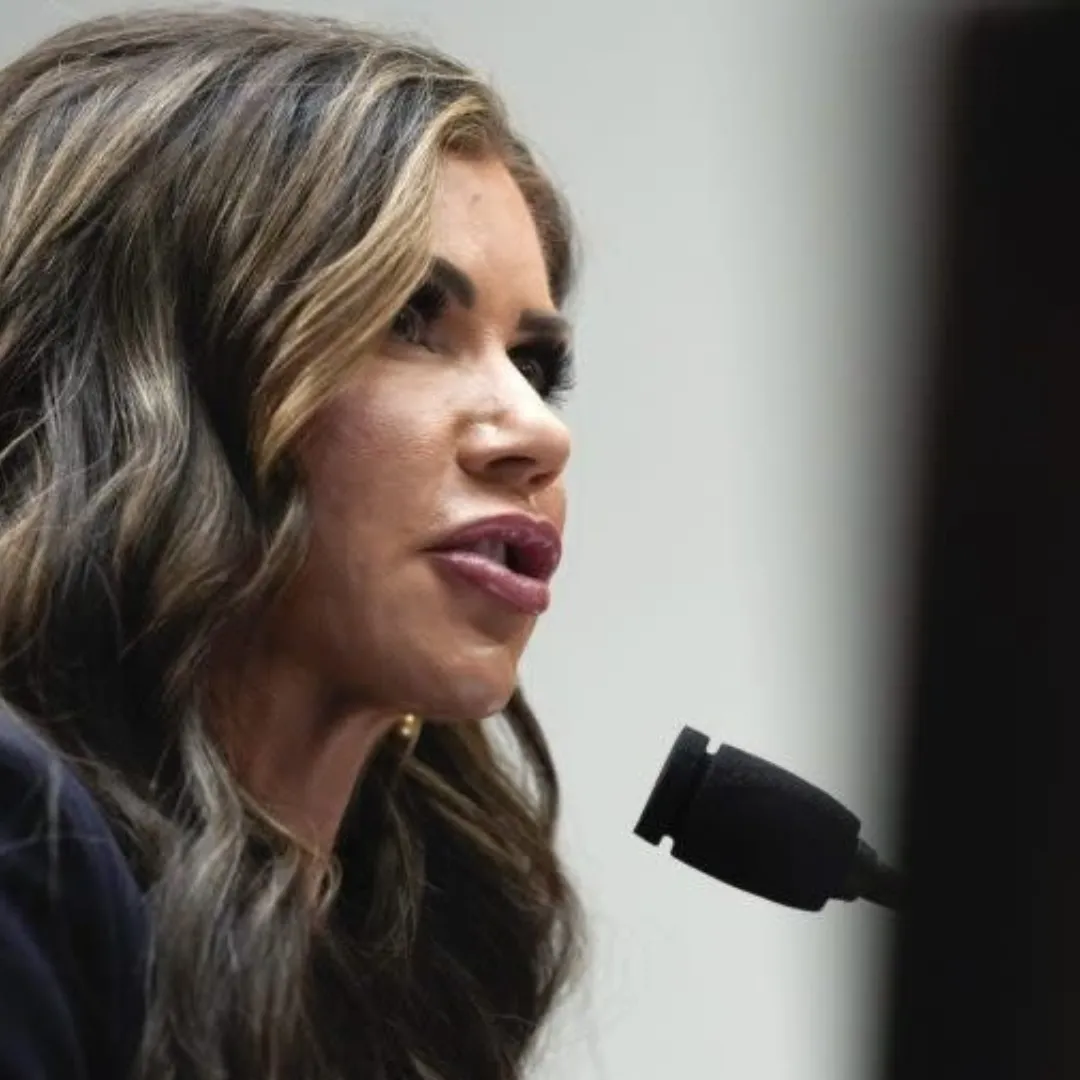
Elon Musk, often hailed as a visionary entrepreneur and the world’s richest man, has made headlines in recent years for his ventures ranging from electric vehicles with Tesla to space exploration with SpaceX. However, Musk’s rise to global prominence has not been without controversy.
In recent months, his behavior and actions have sparked heated debates about his role in shaping the future of both the economy and the political landscape. While Musk’s supporters argue that he is a groundbreaking figure, many Americans, especially those who have been affected by his decisions, are beginning to question the true cost of his success.
Musk’s approach to business has been marked by his decision to cut tens of thousands of jobs, slashing benefits for workers, and even making light of the layoffs. In an unsettling display of arrogance, Musk celebrated the layoff of American workers by laughing and prancing around a stage with a chainsaw—showing little regard for the human consequences of his actions.
For many, this was not the triumph of a self-made billionaire but the callous behavior of an oligarch detached from the struggles of everyday people.
In Musk’s world, the game of business is about winning at all costs—whether that means offloading workers to boost the bottom line or undermining basic labor rights to maximize profits.
The so-called “Liberation Day” for him was marked not by progress or innovation, but by the destruction of livelihoods and the hollowing out of communities dependent on stable employment.
While Musk prides himself on being a forward-thinking entrepreneur, his attitude towards the people who have made his success possible is less than admirable. The term “Ketamine Kid,” which has been used to describe Musk’s behavior and self-awareness, points to a pattern of disregard for others and a sense of entitlement that pervades his business dealings.
Rather than addressing the legitimate concerns of workers and communities affected by his companies' actions, Musk has chosen to double down on his defense of his own wealth and power.
He recently lashed out at Democratic Senator Tim Walz, who mocked Musk's plummeting stock price with some level of joy. Musk’s response was telling—he referred to Walz as a "huge jerk," expressing his frustration over the criticism. In Musk's view, any dissent against him is not just criticism—it’s an “evil” act.
The irony of Musk’s position cannot be ignored. While he criticizes those who cheer his financial setbacks, he has done little to address the deepening divide between the wealthy elite, including himself, and the working class.
His apparent lack of self-awareness and hypocrisy only fuels the anger that many Americans feel toward him and his companies.
Musk may not care about the opinions of his critics, but the numbers suggest that his unrelenting pursuit of profits and disregard for the public welfare is catching up with him.
According to a recent Yahoo News/YouGov poll, two-thirds of Americans (67%) now say they would not consider buying or leasing a Tesla. Most of those individuals (56%) cited Musk himself as either “the whole reason” (30%) or “part of the reason” (26%) for their reluctance.
The reality is that Musk's actions—whether it’s cutting jobs, undermining social security, or making irresponsible decisions in the tech world—are having a direct impact on his public perception. Only 39% of Americans currently have a favorable opinion of Musk, while 55% view him unfavorably.
His increasing political influence with figures like former President Trump has only worsened his image.
Musk’s unrelenting focus on profit maximization, often at the expense of workers and vulnerable communities, has created a backlash that he has yet to fully understand or address. Despite his vast wealth, he remains deeply unpopular among a significant portion of the American public, who view his actions as a reflection of greed and a disregard for the greater good.
Musk has never been shy about voicing his opinions on social programs like Social Security. He has repeatedly called it a “Ponzi scheme,” dismissing its importance to millions of Americans who rely on it for their retirement security.
His statements on this issue have not only alienated the most vulnerable in society but have highlighted a disturbing lack of empathy for those struggling to make ends meet.
Musk's attack on social security aligns with his broader view of government intervention in the economy—namely, that it should be minimized to promote individual wealth. But this vision ignores the reality that millions of Americans rely on government programs to survive.
Musk’s vision of an ideal world, where only the rich and powerful thrive, is a far cry from the values of fairness and equality that Americans hold dear.
Musk’s willingness to dismantle social security in favor of tax breaks for the wealthy shows just how disconnected he is from the challenges facing ordinary people. His political views and business decisions reflect a mindset that places profit over people, and in doing so, he risks further alienating the very public that could have once admired him as an innovative entrepreneur.
One of the most concerning aspects of Musk's rise to power has been his growing influence in political circles, particularly with former President Donald Trump. The two share similar views on deregulation, tax cuts, and the dismantling of government institutions that protect the public good.
This relationship has allowed Musk to gain unprecedented access to political power, further consolidating his hold over key sectors of the economy.
Despite his significant political influence, Musk has continued to alienate the American public by aligning himself with a political agenda that prioritizes the interests of the rich and powerful over those of working Americans.
His partnership with Trump has led to fears that the wealthiest individuals, including Musk, are pulling the strings of American democracy, while ordinary people are left to suffer the consequences.
The connection between Musk and Trump has also raised questions about the ethics of corporate influence on politics. Musk’s role as an unelected oligarch making decisions about the lives of ordinary Americans reflects a growing trend of corporate interests overshadowing the will of the people.
As Musk continues to amass wealth and power, it is clear that his influence over the political system is only set to grow.
As Musk's popularity continues to decline, Americans are starting to take action. Protests against Musk have erupted at Tesla dealerships and town halls across the country.
Ordinary Americans are showing up to demand that their voices be heard, protesting Musk’s growing influence over their lives and his treatment of workers. These protests are a clear sign that Musk’s actions, once celebrated as revolutionary, are now seen by many as harmful and exploitative.
Despite his efforts to paint himself as a champion of innovation and progress, Musk’s actions have made him a target of widespread criticism. From his decision to cut jobs and slash benefits to his dismissive attitude toward those who are struggling, Musk’s behavior has not gone unnoticed.
It is no surprise, then, that public opinion is turning against him.
Elon Musk’s once-revered status as a visionary entrepreneur is slowly eroding. His actions, fueled by an obsession with profit and an utter disregard for the public good, have turned many Americans against him.
His growing political influence, especially with figures like Trump, has only amplified the sense of distrust that many people feel toward him and his companies.
As Musk continues down this path, he risks not only the downfall of his companies but also his reputation as a businessman. The public backlash against him is a reminder that no matter how powerful or wealthy someone may be, their actions have consequences.
For Musk, the day of reckoning may not be too far off, as more and more Americans choose to root against him.






